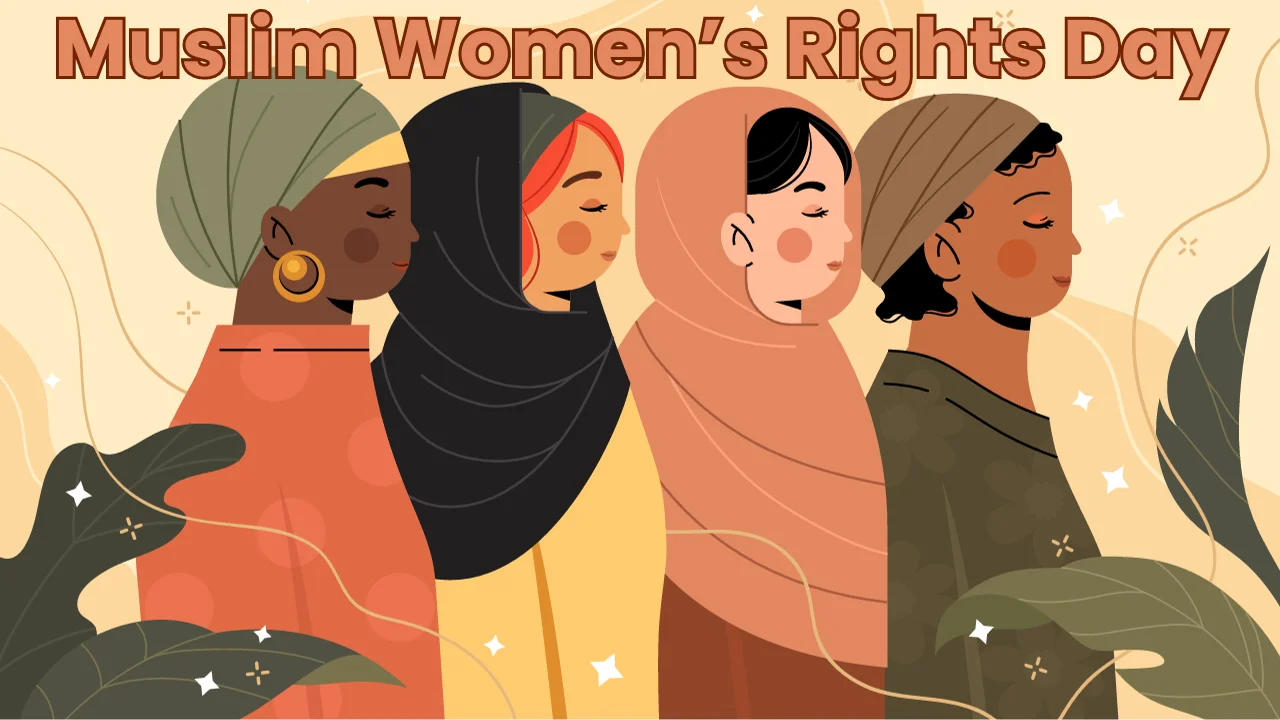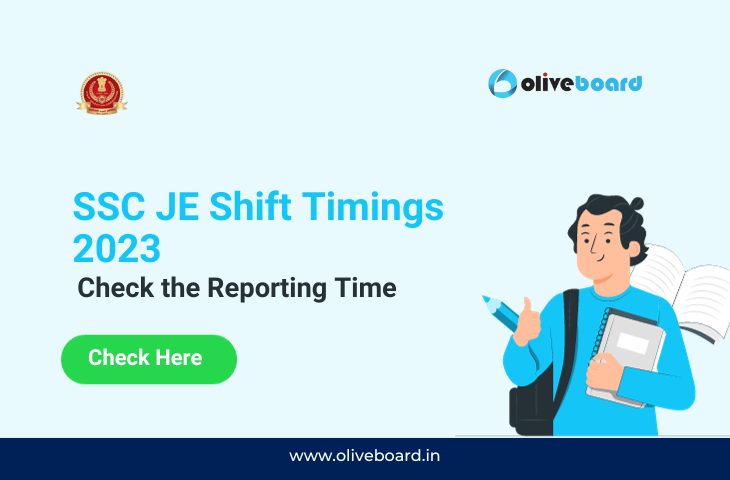Muslim Women’s Rights Day 2024
Muslim Women’s Rights Day is celebrated nationwide on August 1st to mark the enactment of the law against triple talaq. On this day in 2019, the central government made the practice of instant triple talaq a criminal offense.
The Muslim Women (Protection of Rights on Marriage) Act, 2019, prohibits the practice of triple talaq in India. To commemorate this significant milestone, the Union Ministry of Minority Affairs announced the observance of Muslim Women’s Rights Day on August 1st every year, celebrating the second anniversary of the law that protects the rights of Muslim women.
Muslim Women’s Rights Day Theme 2024
As of today, the official theme for Muslim Women’s Rights Day 2024 has not yet been announced.
The chosen theme will likely be announced closer to August 1st, by the Ministry of Minority Affairs. Regardless of the specific theme, Muslim Women’s Rights Day serves as a crucial platform to:
- Raise awareness about the challenges faced by Muslim women globally.
- Advocate for their rights and promote gender equality within Muslim communities and societies at large.
- Celebrate the achievements and contributions of Muslim women.
- Foster dialogue and understanding between Muslim women and other communities.
- Mobilize action and support for initiatives that empower Muslim women and promote their well-being.
What is Triple Talaq
Triple talaq, also known as talaq-e-biddat, is a form of instant divorce that allows a Muslim man to divorce his wife by saying the word “talaq” three times in any form. The practice has been widely criticized as being discriminatory against women and violating their fundamental rights.
Background
The history of triple talaq can be traced back to the early days of Islam. However, the practice was not widely practiced until the 19th century, when it was popularized by the British colonial government. The British government saw triple talaq as a way to weaken the power of Muslim women and to make it easier for Muslim men to divorce their wives.
In 1937, the Indian government passed the Muslim Personal Law (Shariat) Application Act, which gave Muslim Personal Law precedence over secular law in matters of marriage, divorce, and inheritance. This meant that triple talaq was legally recognized in India.
Constitutionality
In 2016, Shayara Bano, a Muslim woman from Uttarakhand, challenged the constitutionality of triple talaq in the Supreme Court of India. Bano argued that triple talaq was a form of gender discrimination and that it violated her fundamental rights.
- The Supreme Court heard the case in May 2017 and delivered its judgment on August 22, 2017.
- In a 3:2 majority decision, the Supreme Court held that triple talaq was unconstitutional and void.
- The court ruled that the practice violated the fundamental rights of Muslim women, including the right to equality, the right to life, and the right to dignity.
- The Supreme Court described it as “manifestly arbitrary” and said that it allows a man to “break down a marriage whimsically and capriciously”
- The Supreme Court’s decision in the Shayara Bano case was a major victory for Muslim women’s rights in India. The decision has helped to protect the rights of Muslim women and to promote gender equality in India.
- In July 2019, the Indian Parliament passed the Muslim Women (Protection of Rights on Marriage) Act, which criminalized the practice of triple talaq.
- The law makes it a punishable offense for a Muslim man to divorce his wife through triple talaq.
- The law also provides for a compensation of up to ₹5 lakh for divorced women.
The criminalization of triple talaq is a significant step towards protecting the rights of Muslim women in India. The law will help to ensure that Muslim women are not subjected to discriminatory practices and that they have the same rights as men.
Muslim Women Rights Day Significance
Muslim Women’s Rights Day, celebrated annually on August 1st, holds immense significance for several reasons:
- It shines a spotlight on the unique challenges and triumphs faced by Muslim women across the globe.
- It highlights issues like gender inequality, discrimination, access to education and healthcare, and violence against Muslim women.
- By raising awareness, the day sparks conversations, challenges stereotypes, and encourages action toward positive change.
- Muslim Women’s Rights Day serves as a platform to advocate for the full and equal rights of Muslim women.
- It calls for the dismantling of discriminatory laws and practices that limit their opportunities and freedoms.
- It emphasizes the importance of ensuring access to education, healthcare, economic opportunities, and political participation for all Muslim women.
- The day is also a time to celebrate the remarkable achievements of Muslim women in various fields.
- From scientists and artists to activists and entrepreneurs, Muslim women are making significant contributions to society.
- Recognizing their achievements inspires others and showcases the potential of Muslim women when empowered.
- Muslim Women’s Rights Day fosters solidarity and collaboration among Muslim women themselves and with allies from other communities.
By remembering the significance of Muslim Women’s Rights Day and taking action throughout the year, we can contribute to a world where all women, regardless of their faith or background, can live with dignity, respect, and equal opportunities.
1st August 2024 Special Day
1st August carries societal significance as India commemorates Muslim Women’s Rights Day in 2024. Coinciding fittingly with the anniversary of the legislation against triple talaq annually, this national observance celebrates the milestone asserting Muslim women’s rights within marriage. The opportune timing provides a timely moment to reinforce commitment towards gender equality and female empowerment. As women’s organizations unite across communities on this particular 2024 date, the message resonates clearly – affirming women’s dignity strengthens society as a whole.
- SSC JE Shift Timings 2025, Check the Reporting Time
- SSC JE General Awareness Preparation 2025, Check Complete Strategy
- Major Changes in IBPS PO 2025, Exam Pattern, Marking Scheme
- RRB ALP Vs SSC CHSL, Which is the Better Option?
- Sarkari Result 2025, Latest सरकारी नौकरी Updates & Results
- IBPS PO Apply Online 2025 for 5208 Posts, Application Form Link

Hello, I’m Aditi, the creative mind behind the words at Oliveboard. As a content writer specializing in state-level exams, my mission is to unravel the complexities of exam information, ensuring aspiring candidates find clarity and confidence. Having walked the path of an aspirant myself, I bring a unique perspective to my work, crafting accessible content on Exam Notifications, Admit Cards, and Results.
At Oliveboard, I play a crucial role in empowering candidates throughout their exam journey. My dedication lies in making the seemingly daunting process not only understandable but also rewarding. Join me as I break down barriers in exam preparation, providing timely insights and valuable resources. Let’s navigate the path to success together, one well-informed step at a time.






